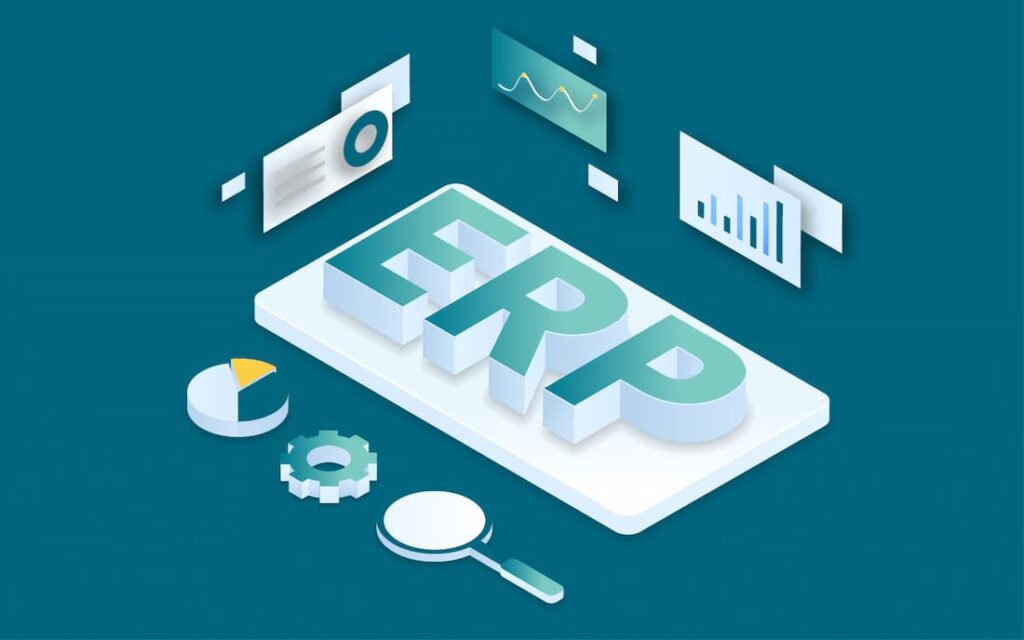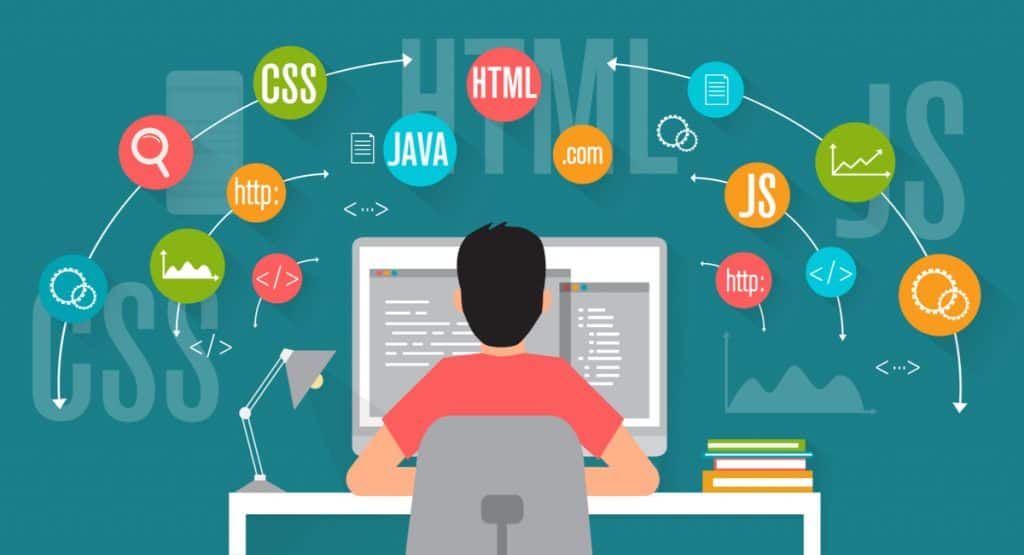Introduction
In the fast-paced aviation industry, efficient management is key to success. One crucial tool for achieving this is Enterprise Resource Planning (ERP) software. But with countless options available, how can you ensure you’re choosing the right aviation ERP software for your company? In this comprehensive guide, we’ll navigate through the process step by step, providing valuable insights and expert advice to help you make an informed decision.
Table of Contents
- Introduction
- 1. Understanding Your Aviation Company’s Needs
- 2. Budgeting for ERP Implementation
- 3. Evaluating ERP Vendors
- 4. Feature Analysis
- 5. Compliance and Security
- 6. Requesting Demos and Trials
- Conclusion
- FAQs
- Q: What is ERP software?
- Q: How do I know if my aviation company needs ERP software?
- Q: Is cloud-based ERP better than on-premises ERP?
- Q: What is the typical implementation timeline for ERP software?
- Q: Can ERP software help with compliance in the aviation industry?
- Q: How often should I update my ERP software?
1. Understanding Your Aviation Company’s Needs
Before diving into the world of ERP software, it’s essential to assess your company’s unique needs.
ERP software isn’t one-size-fits-all; its effectiveness depends on how well it aligns with your specific requirements. Here are some considerations:
- Defining Your Goals: What are your company’s short-term and long-term goals? Understanding your objectives will guide your ERP selection.
- Analyzing Workflows: Take a close look at your current business processes. Where are the pain points? What can be optimized?
- User Requirements: Identify who will be using the ERP system. Different departments may have varying needs.
- Scalability: Consider your growth potential. Will the software accommodate your future expansion?
2. Budgeting for ERP Implementation
ERP software comes with a price tag, and it’s crucial to plan your budget meticulously.
- Software Costs: Understand the licensing and subscription fees associated with the ERP software.
- Implementation Costs: Factor in expenses related to installation, customization, and training.
- Maintenance Costs: Don’t forget ongoing maintenance fees and support contracts.
- ROI Analysis: Assess the potential return on investment (ROI) the software offers. Will it ultimately save you money or increase efficiency?
3. Evaluating ERP Vendors
Choosing the right vendor is as important as selecting the software itself. Here’s what to consider:
- Vendor Reputation: Research vendors’ track records and customer reviews. Are they known for reliability and support?
- Industry Experience: Opt for vendors with experience in the aviation sector. They’re more likely to understand your specific needs.
- Customization Options: Ensure the ERP software can be tailored to your company’s requirements.
- Support and Training: Inquire about the support and training services the vendor provides.
4. Feature Analysis
Not all ERP software offers the same features. Evaluate potential solutions based on the following criteria:
- Modules: Which modules are essential for your business? Common ones include finance, inventory management, and human resources.
- Integration: Can the ERP system seamlessly integrate with your existing software and systems?
- User-Friendliness: Is the software intuitive and easy to use for your staff?
- Reporting and Analytics: Consider the reporting capabilities, as data analysis is crucial for informed decision-making.

5. Compliance and Security
The aviation industry is highly regulated, so compliance and security are paramount. Ensure that the ERP software aligns with industry standards and provides robust data security.
6. Requesting Demos and Trials
Don’t commit without firsthand experience. Request demos and trials from your shortlisted ERP vendors to get a feel for the software’s functionality and user-friendliness.
Conclusion
Selecting the right ERP software for your aviation company is a critical decision that can significantly impact your operational efficiency and success. By carefully assessing your needs, budgeting effectively, and thoroughly evaluating vendors and software features, you’ll be well on your way to making an informed choice. Remember, ERP software isn’t just an investment; it’s a strategic tool that can propel your aviation company to new heights.
FAQs
Q: What is ERP software?
ERP stands for Enterprise Resource Planning. It’s a software solution that helps companies manage various aspects of their business, including finance, inventory, human resources, and more.
Q: How do I know if my aviation company needs ERP software?
If your company struggles with managing operations, data, and resources efficiently, or if you plan to scale up your business, ERP software can be a valuable investment.
Q: Is cloud-based ERP better than on-premises ERP?
The choice between cloud-based and on-premises ERP depends on your specific needs and preferences. Cloud-based ERP offers scalability and accessibility, while on-premises provides greater control.
Q: What is the typical implementation timeline for ERP software?
The timeline can vary significantly depending on the complexity of your aviation company and the software chosen. It can range from a few months to over a year.
Q: Can ERP software help with compliance in the aviation industry?
Yes, ERP software can assist in compliance by providing tools to track and report on regulatory requirements and ensure adherence.
Q: How often should I update my ERP software?
Regular updates are essential to keep your ERP system secure and up-to-date with the latest features and improvements.





